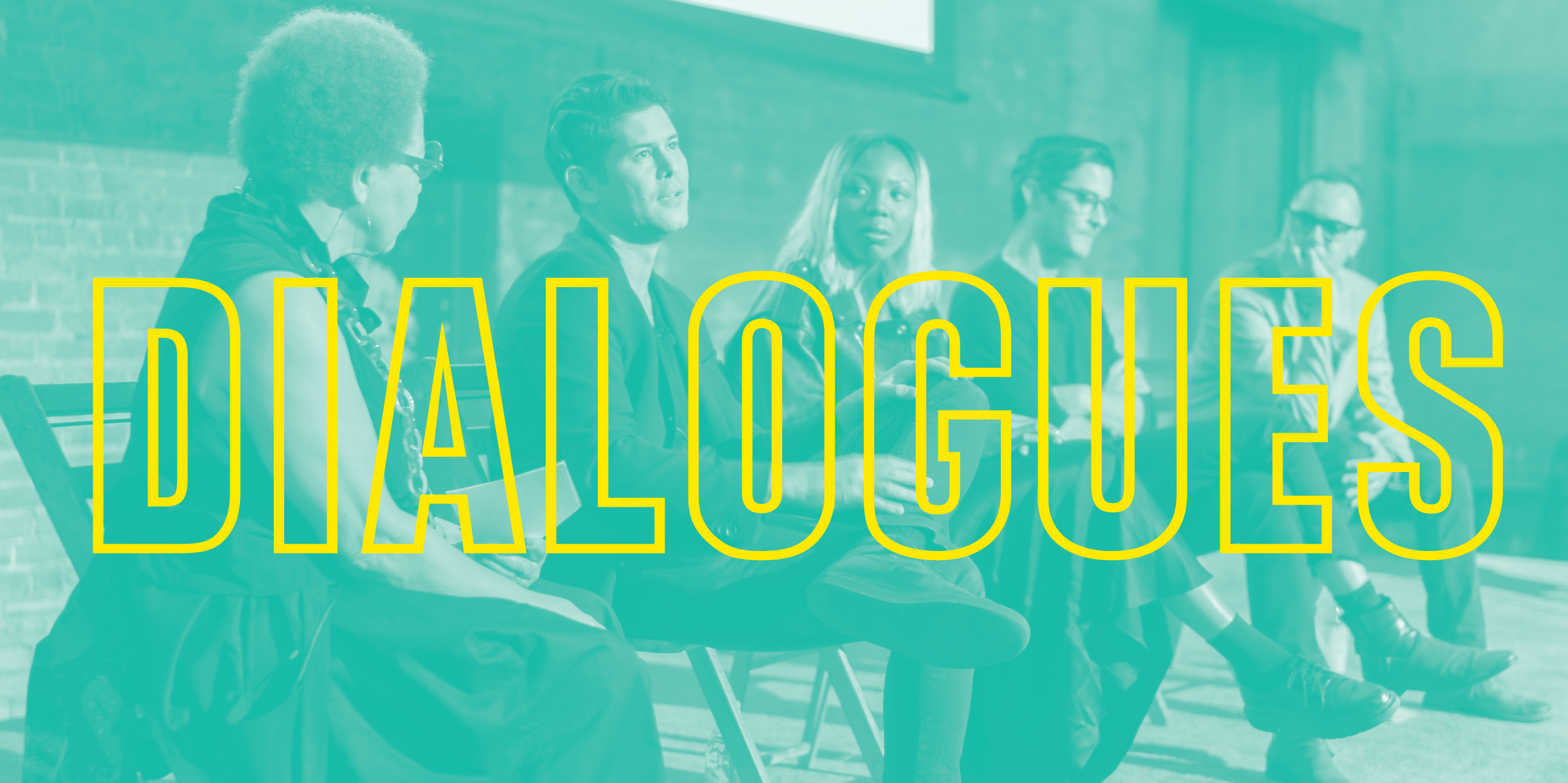

Not only the physical sum of the cities which surround us, but the manifestation of how we envision society, architecture is paradoxically one of our most entrenched and flexible cultural forms. As such, it is imbued with a certain degree of social responsibility. This discussion is between three people whose work utilizes architecture to investigate issues facing contemporary society. Eva Franch is the Director of Storefront, a multifaceted space in New York City which considers how architecture can influence contemporary life, by defining or complicating social interactions. Glenn Kaino’s conceptual art practice reconfigures disparate materials and cultural references into objects, performances, and site-specific encounters, often blurring the boundaries between art and architecture, as well as audience and participants. Adam Pendleton maintains a multi-disciplinary art practice that re-contextualizes language and history, often in regards to the architecture of the exhibition space, to create moments of social potential.
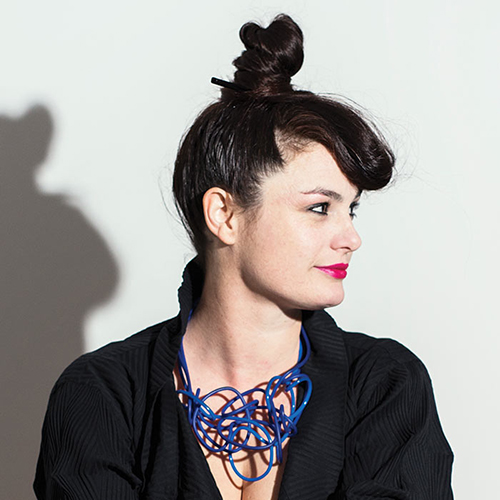
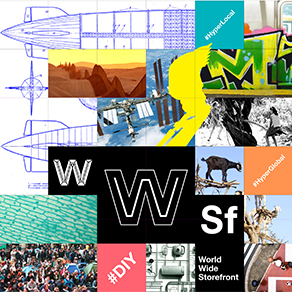
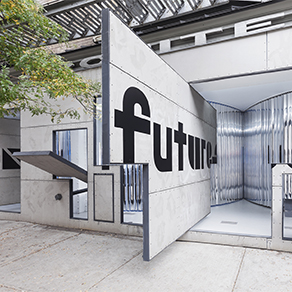

EVA FRANCH i GILABERT is a New York-based architect, curator, educator and lecturer of experimental forms of art and architectural practice. In 2004, she founded her solo practice OOAA (Office of Architectural Affairs) and since 2010 is the Chief Curator and Executive Director of Storefront for Art and Architecture. In 2014 Franch, with the project OfficeUS, was selected by the US State Department to represent the United States Pavilion at the XIV Venice Architecture Biennale.
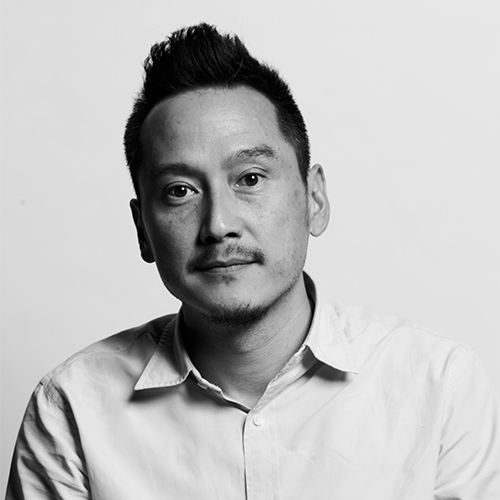
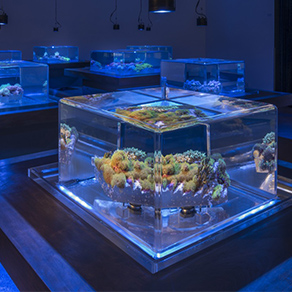
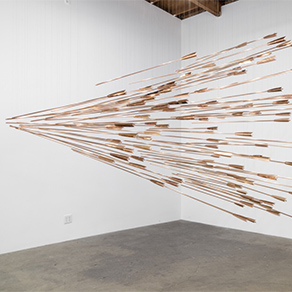
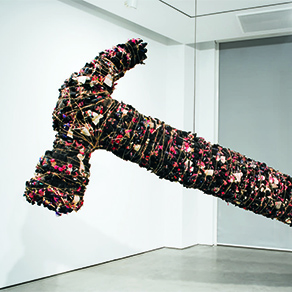
GLENN KAINO transforms conventional materials and forms through a process of working that mobilizes the languages, logics, and economies of other creative disciplines as raw elements in artistic production. Trained as a sculptor in Southern California, Kaino has also worked extensively with biologists, robotics specialists, programmers, animators, hackers, cartographers, weavers, Zapatistas, and magicians to develop his oeuvre that draws from the mechanics of these specialized nodes of knowledge in order to forge new relationships between distinct forms of matter and thought. Kaino has exhibited at the Modern Art Museum of Fort Worth; Grand Arts, Kansas City; the Studio Museum in Harlem, New York; the Andy Warhol Museum, Pittsburgh; LAX, Los Angeles; REDCAT, Los Angeles; and the Kitchen; New York. He is represented by Honor Fraser Gallery and Kavi Gupta Gallery.

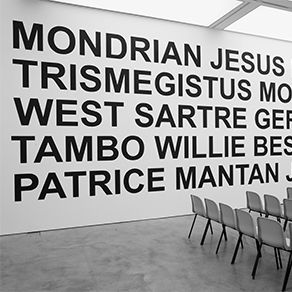
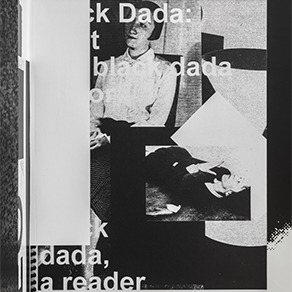
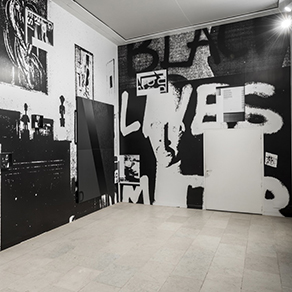
ADAM PENDLETON is a conceptual artist known for his multi-disciplinary practice, which includes painting, publishing, collage, video, and performance. His work engages with language, both figuratively and literally, as well as the re-contextualization of history. Through his work, Pendleton seeks to establish “a future dynamic where new historical narratives and meanings can exist."
Pendleton has been included in significant exhibitions in America and Europe. Most recently, his solo exhibition Becoming Imperceptible, opened at the Contemporary Arts Center New Orleans and traveled to the Museum of Contemporary Art Denver. His work is included in the collections of Tate Modern, London; Carnegie Museum of Art, Pittsburgh; Solomon R. Guggenheim Museum, New York; Museum of Contemporary Art, Chicago; Museum of Contemporary Art, San Diego; The Museum of Modern Art, New York; and Studio Museum in Harlem, New York.
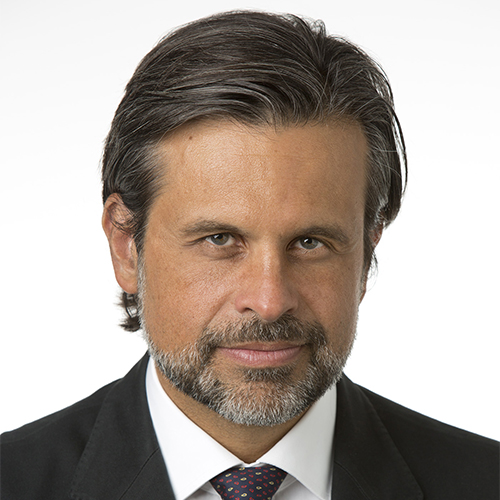
SALVADOR SALORT-PONS joined the Detroit Institute of Arts’ (DIA) curatorial division in 2008 as assistant curator of European paintings and served as head of the European art department since 2011, adding the role of executive director of Collection Strategies and Information in 2013. He also served as the Elizabeth and Allan Shelden Curator of European Paintings at the DIA and played a key role in the museum’s current strategic planning process. Salort-Pons was appointed director, president and CEO in October 2015, succeeding Graham W. J. Beal, who retired as director on June 30, 2015.
Prior to coming to Detroit, Salort-Pons was senior curator at the Meadows Museum at Southern Methodist University in Dallas, assistant professor at the University of Madrid and exhibition curator at the Memmo Foundation/Palazzo Ruspoli in Rome. Salort- Pons has been the recipient of a Rome Prize Fellowship at the Spanish Academy of Rome and a research fellow at the Royal College of Spain in Bologna (founded in 1364), the Getty Grant Program, the Medici Archive Project in Florence and Bibliotheca Hertziana in Rome, among others.